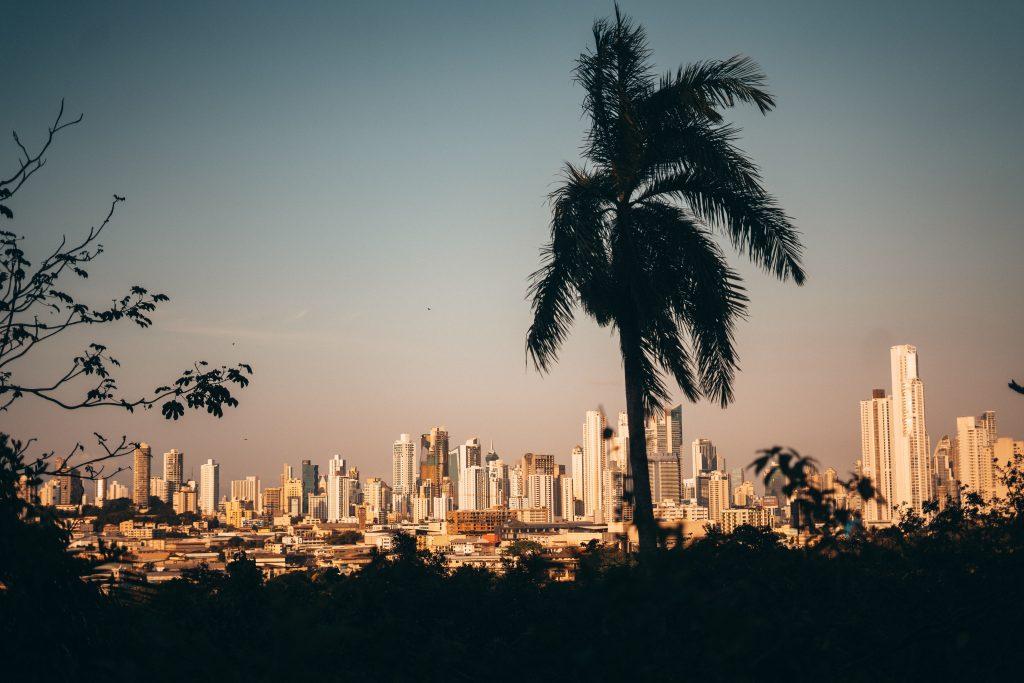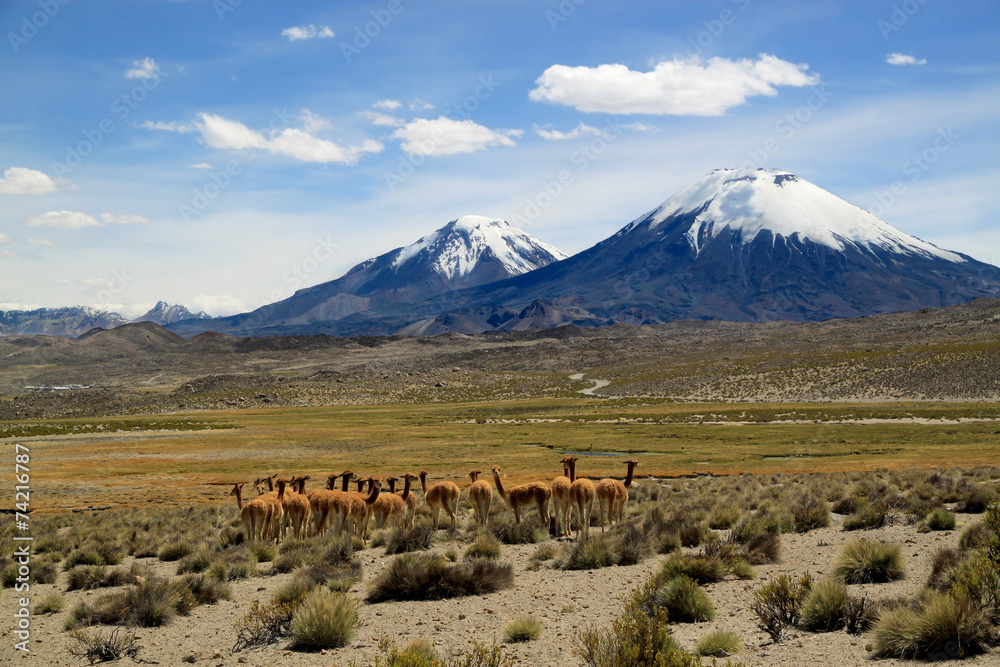Moving to Panama: A Guide to the Friendly Nations Visa
Obtaining a second residency might benefit you in a variety of ways, including cheaper taxes and greater mobility. The Panama Friendly Nations Visa is a viable option. Panama has received a great deal of attention as an excellent site for foreigners and location-independent businesses to establish a second home. In this blog post, we’ll go over the most crucial aspects of the Panama Friendly Nations Visa, such as how to obtain it and what tax benefits it may provide.
1. Understanding the Panama Friendly Nations Visa:
The Panama Friendly Nations Visa is a unique visa program that allows citizens of specified nations to apply to live permanently in Panama. This program is open to those with business or employment ties to Panama. Applicants who obtain this visa may obtain a Panamanian ID and apply for a work permit, as long as they meet the program’s requirements.
2. Eligibility requirements and how to apply:
Applicants for a Panama Friendly Nations Visa must demonstrate that they do business with Panama or have another professional or economic relationship with the country. There are primarily two ways to accomplish this:
a) Establishing a Panama Corporation or Purchasing an Existing One: Applicants might establish a Panama Corporation or buy an existing one to demonstrate that they are in business. The corporation should conduct business in Panama. However, it is vital to note that people who are not Panamanians are not permitted to operate businesses in Panama.
b) Find employment with a reputable Panamanian company: Another option is to work for a well-known Panamanian corporation. This option necessitates obtaining a work visa and registering with the country’s social security system. It also demonstrates professional involvement. Some jobs, such as those of lawyers, architects, and engineers, may not be available to non-Panamanian residents.
3. Provisional and Permanent Resident Status:
When they apply, applicants receive two years of temporary residency. After this period, applicants who have met the program’s requirements may apply for permanent residency. The application is for the main applicant and any dependents who are not required to be on the application, such as a partner, parents, or children under the age of 25.
4. Tax and benefit implications:
The Panama Friendly Nations Visa is a way to obtain permanent residency in Panama, but you should be aware of the implications for your taxes. People frequently believe that having permanent residency in Panama means not having to pay taxes in their home country. This is not correct.
A person must live in Panama for at least 183 days in a tax year and show proof of a permanent home there to be considered a tax resident of Panama. If you meet these requirements, you can apply for a tax residency certificate.
Panama’s tax policy has several positive aspects. The first $11,000 of taxable income is not taxed, and tax rates increase as income increases. Panama likewise has no taxes on capital gains, inheritances, or riches. Small taxes are levied on international income earned by Panamanian enterprises and dividends paid from domestic profits.
Panama’s Cost of Living:
In comparison to many other countries, particularly those in North America and Europe, Panama has a relatively low cost of living. While prices vary by area, housing, transportation, and everyday living expenses are often less expensive. Panama City, the capital, is usually the most expensive region, although smaller towns and rural areas might be much cheaper.
Healthcare System: Panama has a well-developed healthcare system that includes both public and private options. Residents and citizens can obtain public healthcare at a cheap cost, though the quality and availability of treatments may vary. Private healthcare facilities, on the other hand, generally cater to expatriates and tourists and provide great care. To assure full coverage, it is best to have private health insurance.
Language and Culture: Because Spanish is the official language of Panama, having some understanding of the language can be useful while engaging with locals. English is, however, commonly spoken in prominent ex-pat communities, tourist spots, and the business community. Panamanians are noted for their hospitable disposition, which creates a welcoming environment for outsiders.
Real Estate and Housing Options: Panama has a wide selection of housing options to fit a wide range of preferences and budgets. There is something for everyone, from modern Panama City flats to coastal estates and mountain retreats. It is critical to conduct research on various locations and neighborhoods in order to locate the best fit for your lifestyle.
Benefits of Residency: Obtaining permanent residency in Panama through the Friendly Nations Visa can bring various benefits. These benefits include the ability to live and work in Panama indefinitely, as well as the possibility of seeking Panamanian citizenship after five years of residency. Permanent residents may also be entitled to certain discounts, such as lower fees for entertainment and transportation.
Safety and Security: Panama is regarded as one of the safest countries in Latin America. The government has worked hard to improve security, notably in tourist regions and ex-pat communities. However, as with any vacation, it is critical to exhibit caution and adhere to common-sense safety precautions.
Climate and Outdoor Activities: Panama has a tropical climate with pleasant temperatures year-round. The country is known for its breathtaking natural beauty, which provides opportunities for outdoor enthusiasts. There are a variety of activities to enjoy, from pristine beaches and lush rainforests to hiking trails and water sports, making it an ideal destination for individuals who value nature and adventure.
Infrastructure and Connectivity: Panama has modern infrastructure, such as well-maintained roads, dependable public transport, and a well-developed telecommunications network. High-speed internet is widely available in cities, allowing for distant work and communication. Tocumen International Airport in Panama City acts as a significant transportation hub, linking Panama to a variety of international destinations.








